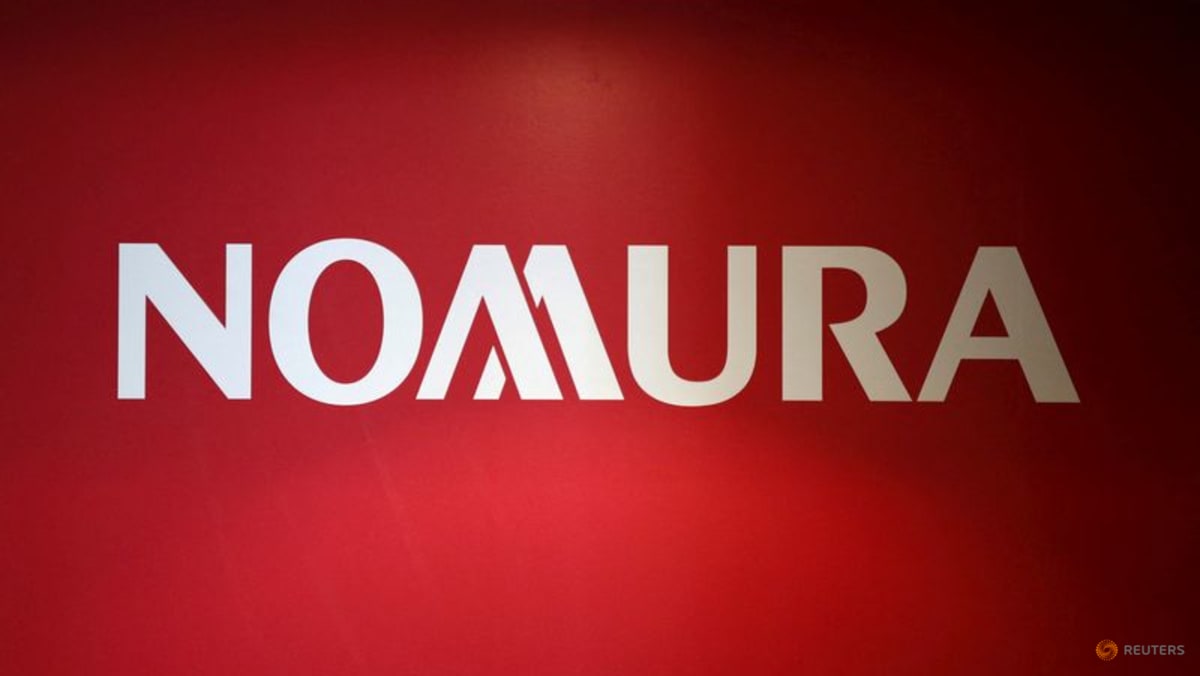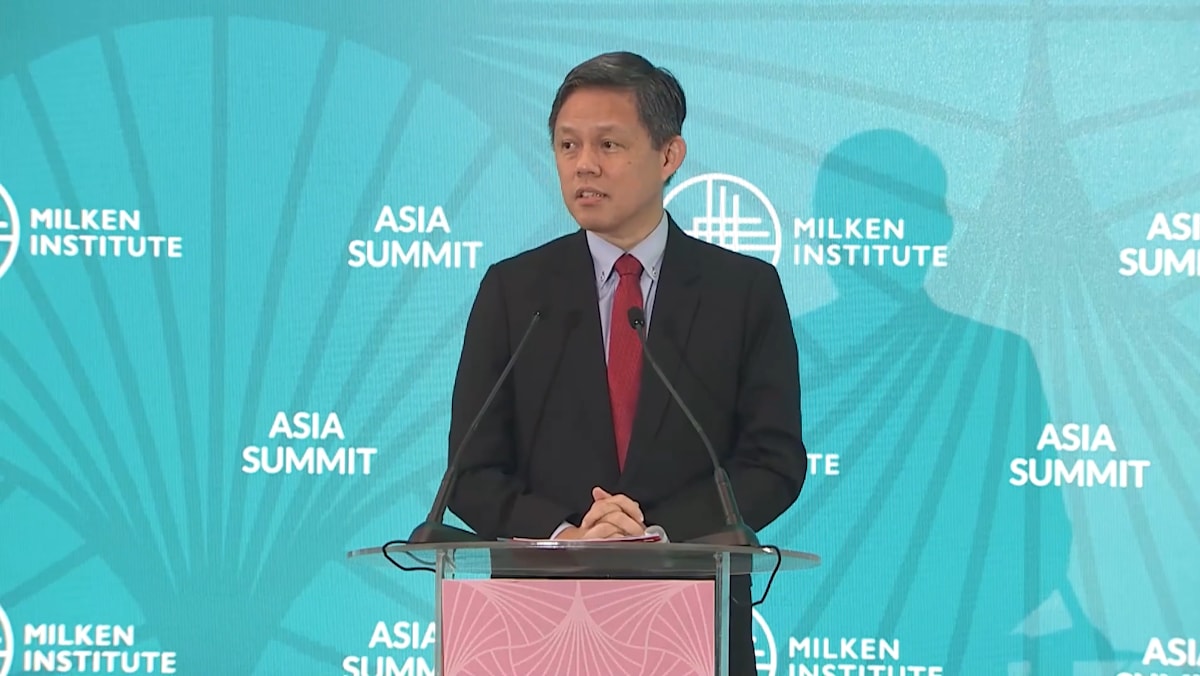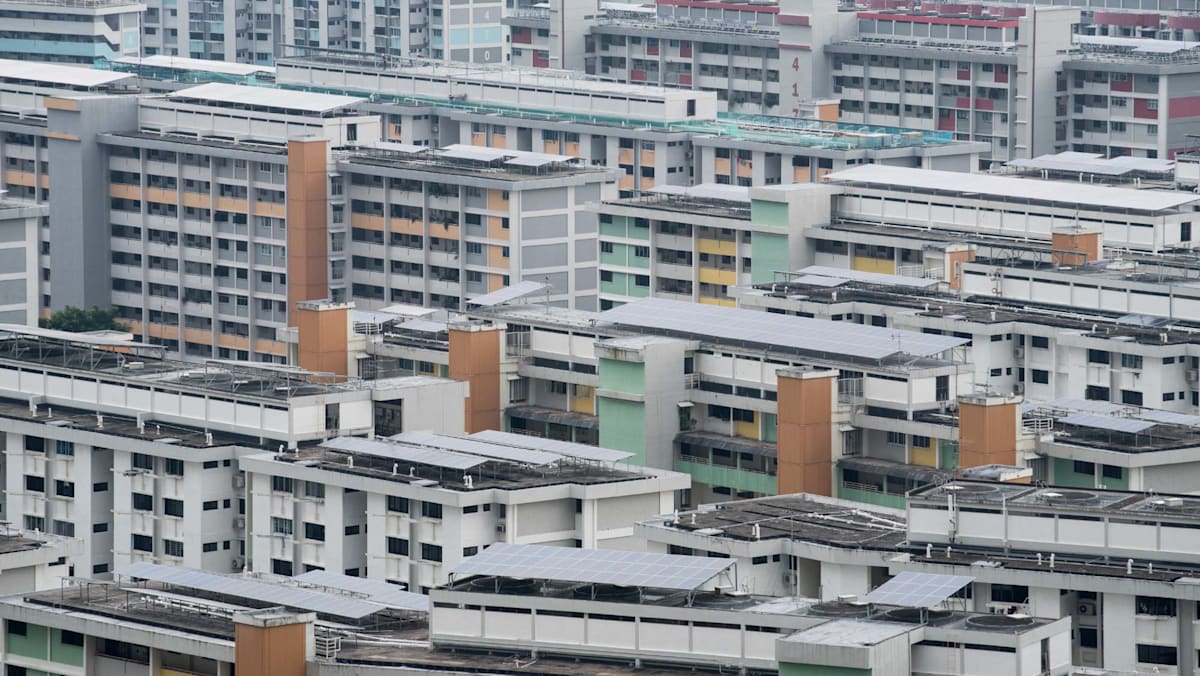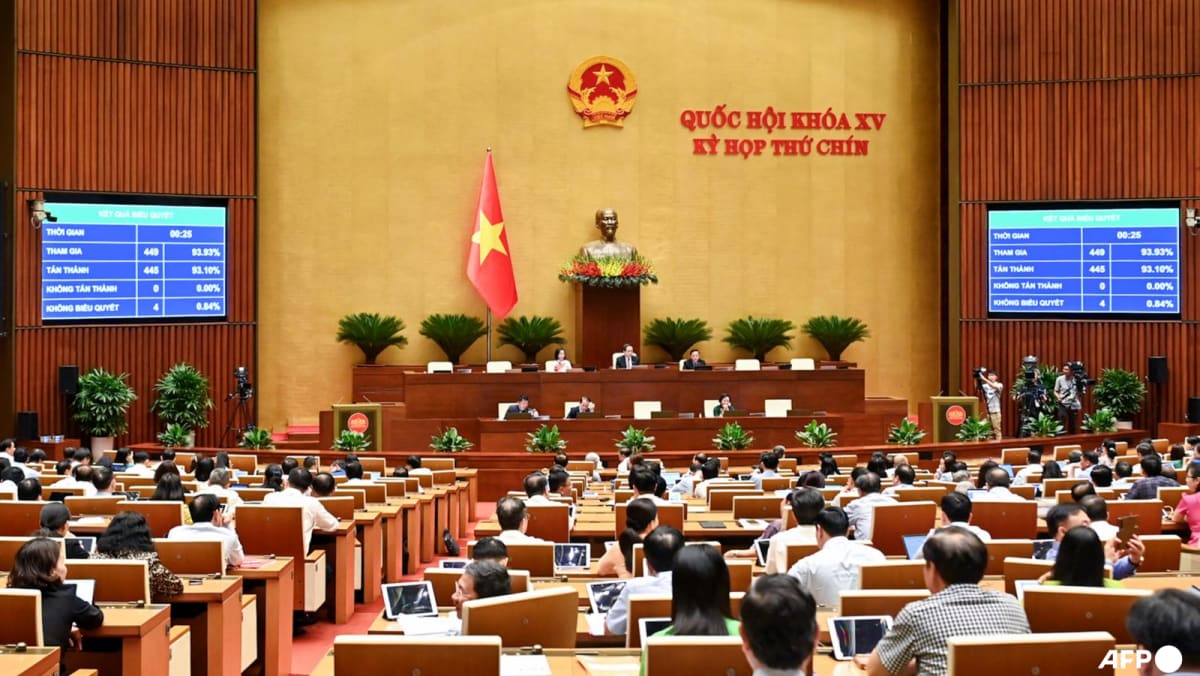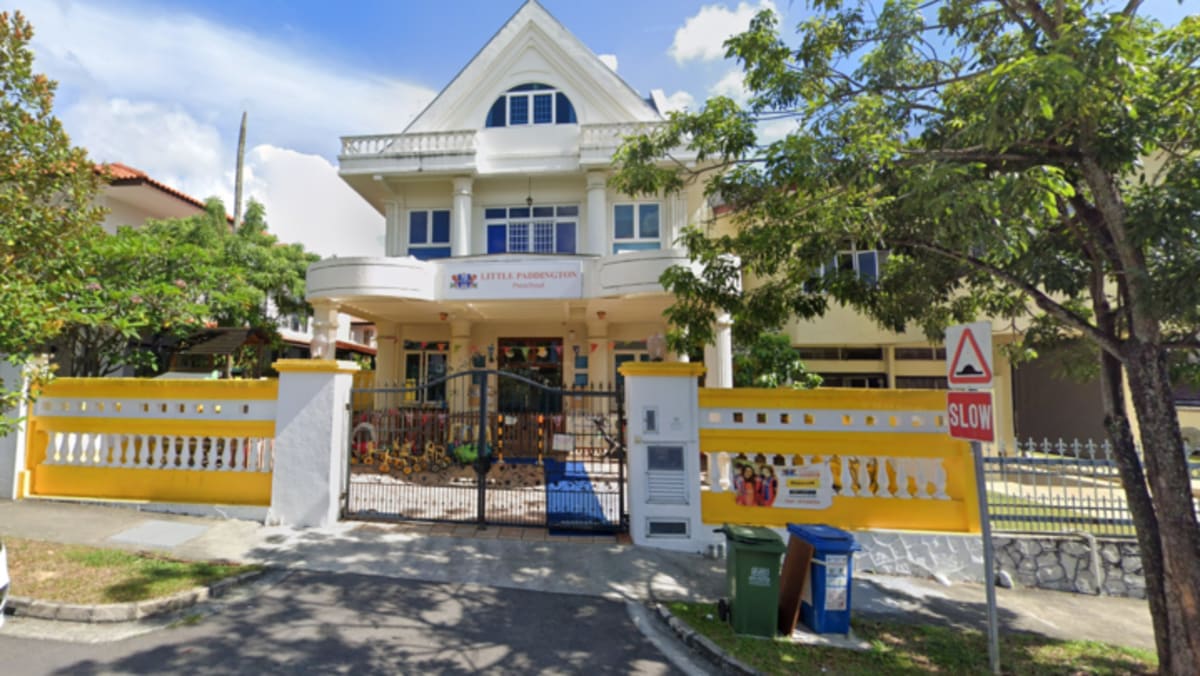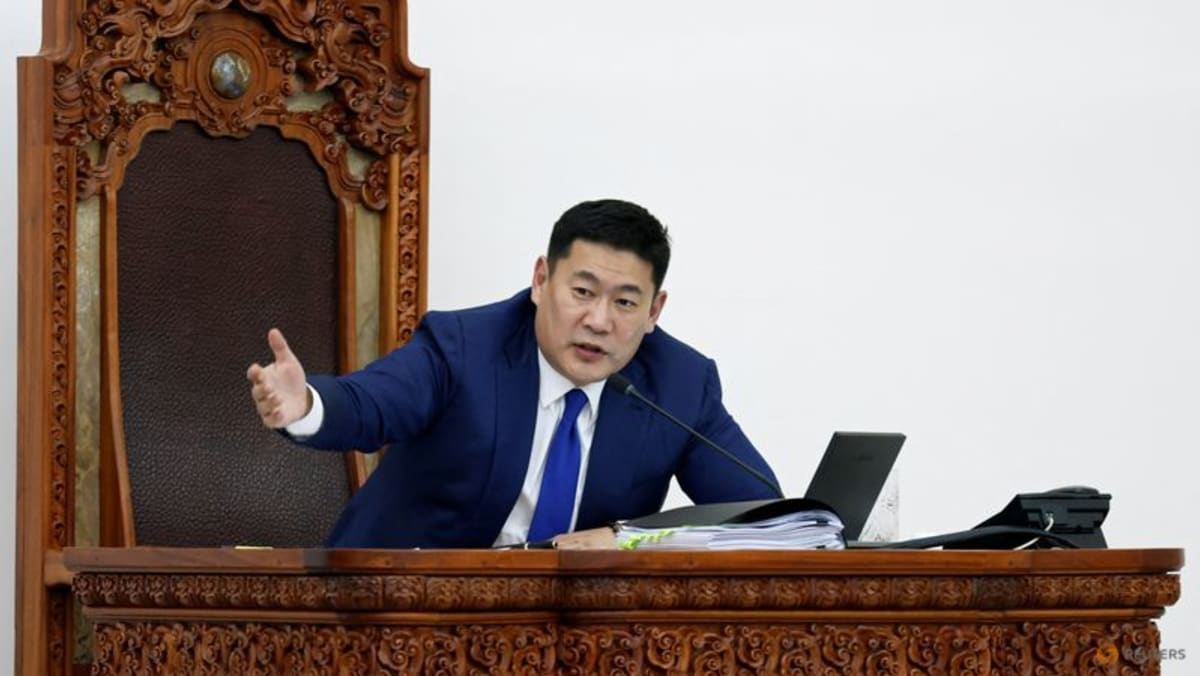KUALA LUMPUR : Malaysia's central bank cut its benchmark interest rate MYINTR=ECI for the first time in five years on Wednesday, as it looks to support the economy amid a weaker growth outlook and rising uncertainty in global trade.
Bank Negara Malaysia lowered its overnight policy rate (OPR) by 25 basis points to 2.75 per cent from 3.00 per cent, where it had been since May 2023, as had been expected by 17 of 31 economists surveyed in a Reuters poll.
The ceiling and floor rates of the OPR corridor are correspondingly reduced to 3 per cent and 2.5 per cent respectively, the central bank said in a statement.
The rate decision came a day after U.S. President Donald Trump announced a 25 per cent tariff on Malaysian exports to the United States.
BNM said the global growth outlook was weighed down by uncertainties surrounding tariffs, as well as geopolitical tensions, which could lead to greater volatility in global financial markets and commodity prices.
While the Malaysian economy was on a strong footing, the central bank said external uncertainties could affect Malaysia's growth prospects.
"The reduction in the OPR is... a pre-emptive measure aimed at preserving Malaysia's steady growth path amid moderate inflation prospects," the central bank said.
Economists had expected at least one 25-basis-point cut this year, which would hold until the end of 2026, though there was no consensus on where the rate would be then. Estimates for the end of next year ranged from 2.25 per cent to 3.00 per cent.
Malaysia has reported a string of soft economic data in recent months with growth slowing to 4.4 per cent in the first quarter, while exports unexpectedly fell in May.
Inflation has also remained relatively subdued, with consumer prices rising 1.2 per cent in June, a four-year low.
Prime Minister Anwar Ibrahim said in May that Malaysia was unlikely to meet its growth outlook of between 4.5 per cent and 5.5 per cent this year, while BNM has said it would have to lower its growth forecast range due to uncertainties arising from U.S. tariff policies.
The central bank also lowered banks' statutory reserve requirement (SRR) ratio by 100 basis points to 1.00 per cent in May - the first SRR reduction since March 2020 at the start of the COVID-19 pandemic - reinforcing a dovish policy outlook.
Malaysia's trade ministry said this week it will continue talking to its U.S. counterparts "in good faith" to address outstanding issues, and clarify the scope and impact of the revised U.S. tariffs.
Headline and core inflation averaged 1.4 per cent and 1.9 per cent in the first five months of the year respectively, BNM said, adding that consumer prices are expected to remain moderate in 2025.
The central bank projects headline inflation to range between 2 per cent to 3.5 per cent in 2025, and core inflation at 1.5 per cent to 2.5 per cent. Both headline and core inflation came in at 1.8 per cent in 2024.



